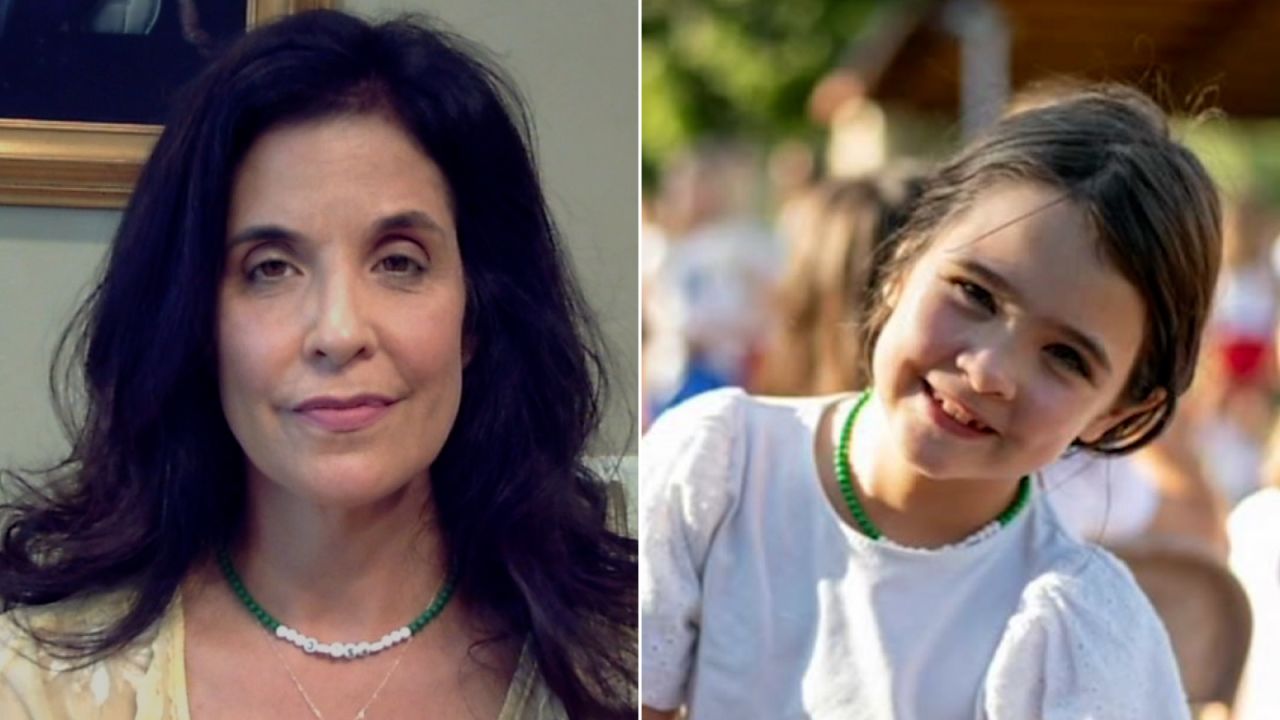UC Merced Professor Explores Civic Disengagement in New Book

Professor Christopher Ojeda from the University of California, Merced, has published a new book titled “The Sad Citizen,” which addresses the growing disillusionment many Americans feel towards civic engagement. The book delves into the factors contributing to this sentiment, particularly during a time when public participation is crucial.
Understanding the Disconnect
In “The Sad Citizen,” Ojeda articulates the psychological and social barriers that prevent individuals from actively participating in democracy. He emphasizes that feelings of sadness and frustration regarding political matters are common and often shared among citizens. The book seeks to validate these emotions while providing insight into their origins.
Ojeda points out that many Americans feel disconnected from the political process. This detachment can stem from various sources, including media portrayal of politics, negative campaigning, and a perception that one’s voice is insignificant. The author argues that these factors contribute to a cycle of disengagement, where citizens withdraw from civic activities just when their participation is most needed.
Availability and Impact
“The Sad Citizen” is set to be available for purchase on major platforms such as Amazon and Barnes & Noble. Through his work, Ojeda aims to foster a deeper understanding of civic engagement, encouraging readers to rethink their roles within the democratic framework.
The book not only provides analysis but also offers practical suggestions for rekindling civic participation. Ojeda hopes that by acknowledging feelings of sadness about politics, individuals can move towards more constructive forms of engagement. As he notes, recognizing one’s emotions is the first step towards meaningful action.
For those feeling overwhelmed by the political landscape, “The Sad Citizen” serves as a reminder that they are not alone. Ojeda’s exploration of these themes is intended to inspire a renewed commitment to civic duties, underscoring the importance of every individual’s voice in shaping democracy.
As the book hits the shelves, it is expected to resonate with a wide audience, particularly in a time when political engagement is increasingly critical. Ojeda’s insights may help bridge the gap between despair and action, encouraging citizens to reclaim their agency in the democratic process.






